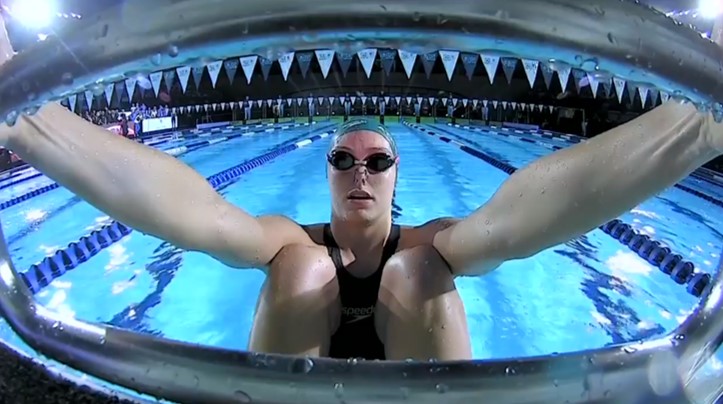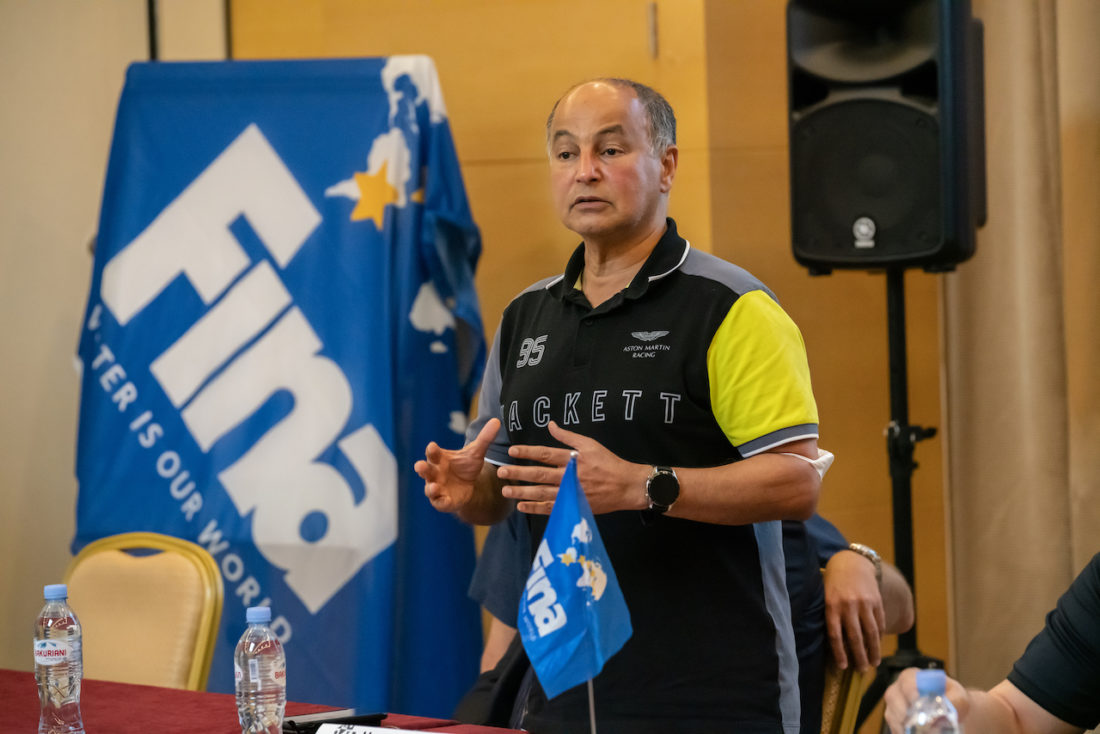U.S. Court Draws A Line Under ISL Vs FINA Antitrust Case With Judgement In Favour Of Regulator’s Right Of Approval

The U.S. District Court in San Francisco has drawn a line in the ISL Vs FINA anti-trust dispute by ruling in favour of the regulator now known as World Aquatics, in part reflecting the fact that circumstances have moved on and the reasons why the row happened in the first place had already been resolved.
The key take from the judgment is that FINA, now World Aquatics, has a right as regulator to be consulted when outside parties are seeking to host competitions with its members in order to avoid calendar clashes that could damage both events and the economic models attaches to them.
Commenting on the decision, World Aquatics Executive Director Brent Nowicki said: “This was, and always has been, an avoidable controversy. We look forward to putting it behind us, as we look forward to delivering an exciting calendar of opportunities for all aquatics athletes, to whom World Aquatics remains deeply committed.”
In cases that had originally been opened in 2018, two antitrust lawsuits were filed against FINA, one directly by the International Swimming League (ISL) and another by swimmers Tom Shields (USA), Michael Andrew (USA) and Katinka Hosszu (HUN), with ISL’s support.
Admitting that it had no experience of handling disputes and monopoly issues in international sport, the District Court applied the American points of law that applied most closely to the case and concluded that FINA declining to approve an event that USA Swimming and the ISL had sought to organise was “reasonable” in that the dates clashed with a showcase event being staged by the global regulator.
The court did not matters related to one of the major complaints of athletes and federations at the time of the original dispute, which at times was highly acrimonious, when Cornel Marculescu was the FINA director and Julio Maglione was the president. Domestic federations received notices from FINA indicating that they, not athletes, would be penalised if they allowed athletes to take part in an event that was to serve as a precursor to the start of the new League.
That matter was resolved without need of legal action: more than 30 Olympic and World-Championship champions and other podium placers gathered in London in late 2018 and made clear to FINA that they would be participating in League racing.
And so the League began and provided an alternative race format for three seasons before Russia invaded Ukraine and the founder and funder of the League, Konstantin Grigorishin, a leading player in the Ukrainian energy sector, suspended the ISL until further notice.
The League’s last season before events were put on hold was marked by resignations and disputes over payments and formats but at the same time, the opportunities provided by the League and the power it gave and lessons it taught athletes were a blessing for the sport and instructive to World Aquatics and its reform process.
The League’s future is now up in the air, its fate linked to the appalling and brutal circumstances imposed on Ukraine and the people of a sovereign country by former Olympic and FINA Order recipient Vladimir Putin and his Kremlin cronies. Putin was stripped of both orders after going to war in the period of the Olympic truce around the time of the Winter Olympics and Paralympics in Beijing last year.
In key ways, the ISL Vs FINA dispute, which has cost both parties many millions of dollars, was the wrong fight at the wrong time.
The principal anti-trust argument had already been won in Europe, where EU competition authorities had ruled in favour of ice speed skaters in a dispute with their regulator’s attempts to control which events they could compete at – and therefore control how athletes eared their living. The EU ruling instructed the skating federation to change precisely the kind of rules at the heart of the swimming case in the U.S.. Further, the EU judgment came with a warning to all other international sports federations that should similar complaints be filed against them, the same judgement and order to rewrite the rules restricting trade would be rolled out to the sport in question.
That may now never be necessary, FINA having accepted that organisations such as the ISL can operate alternative competitions and leagues and athletes are free to compete in them. The American judgement reinforces the regulator’s view that it should be consulted by organisations seeking to host events involving its members, if only to avoid calendar chaos and disruption to the stability of aquatic sports and their economic models.
World Aquatics President Husain Al-Musallam welcomed the U.S. court’s summary judgement and said:

“World Aquatics is grateful to Judge Corley for her thoughtful and just decision. We are pleased that it brings an end to a period of uncertainty. And we are thankful for the clarity that the Court’s decision provides. This is an important decision and also a good decision, not just for World Aquatics, but for the Olympic Movement and beyond.”
Husain Al-Musallam – president of World Aquatics – courtesy of World Aquatics
The lawsuits had alleged unreasonable restraint of trade on the part of FINA, as World Aquatics was then known. The Court found that there had been no such action, saying: “The Court acknowledges the record is replete with evidence of FINA’s concern about competition from ISL. But, so what? The antitrust laws do not require one competitor to help another compete with it; instead, they prohibit only unreasonable restraints of trade.”
In granting World Aquatics’ motion for summary judgement, the Court agreed that ISL could always have put on its own swimming competitions independently, and that World Aquatics together with its member federations do not have monopoly power to control competition: “It is undisputed that top-tier swimmers are not bound by contract to swim only in FINA-sanctioned competitions. Indeed, the undisputed evidence is that ISL can and does sponsor top-tier swimming competitions without any affiliation with member federations.”
The Court also found that World Aquatics had made no attempt to stop such competitions by sanctioning swimmers: “There is no rule (and never was) that allows FINA to penalize a swimmer who participates in a competition that is not affiliated with a member federation, and no evidence that FINA ever did, or even threatened to do so.”